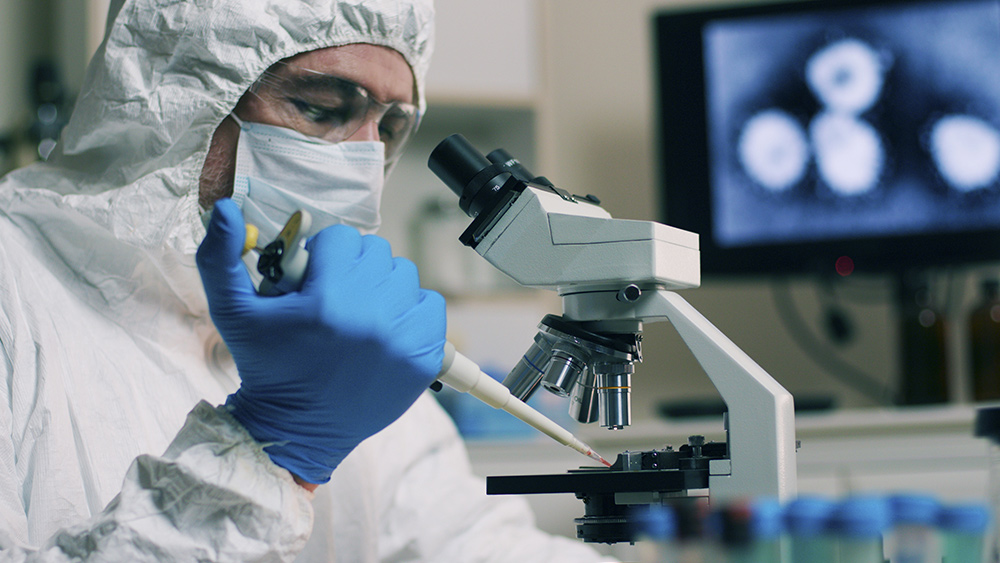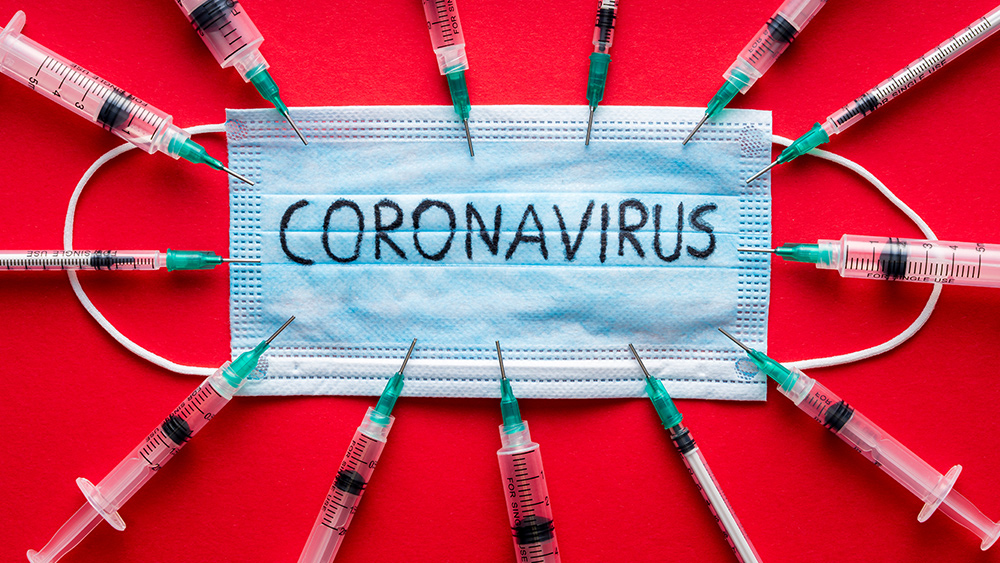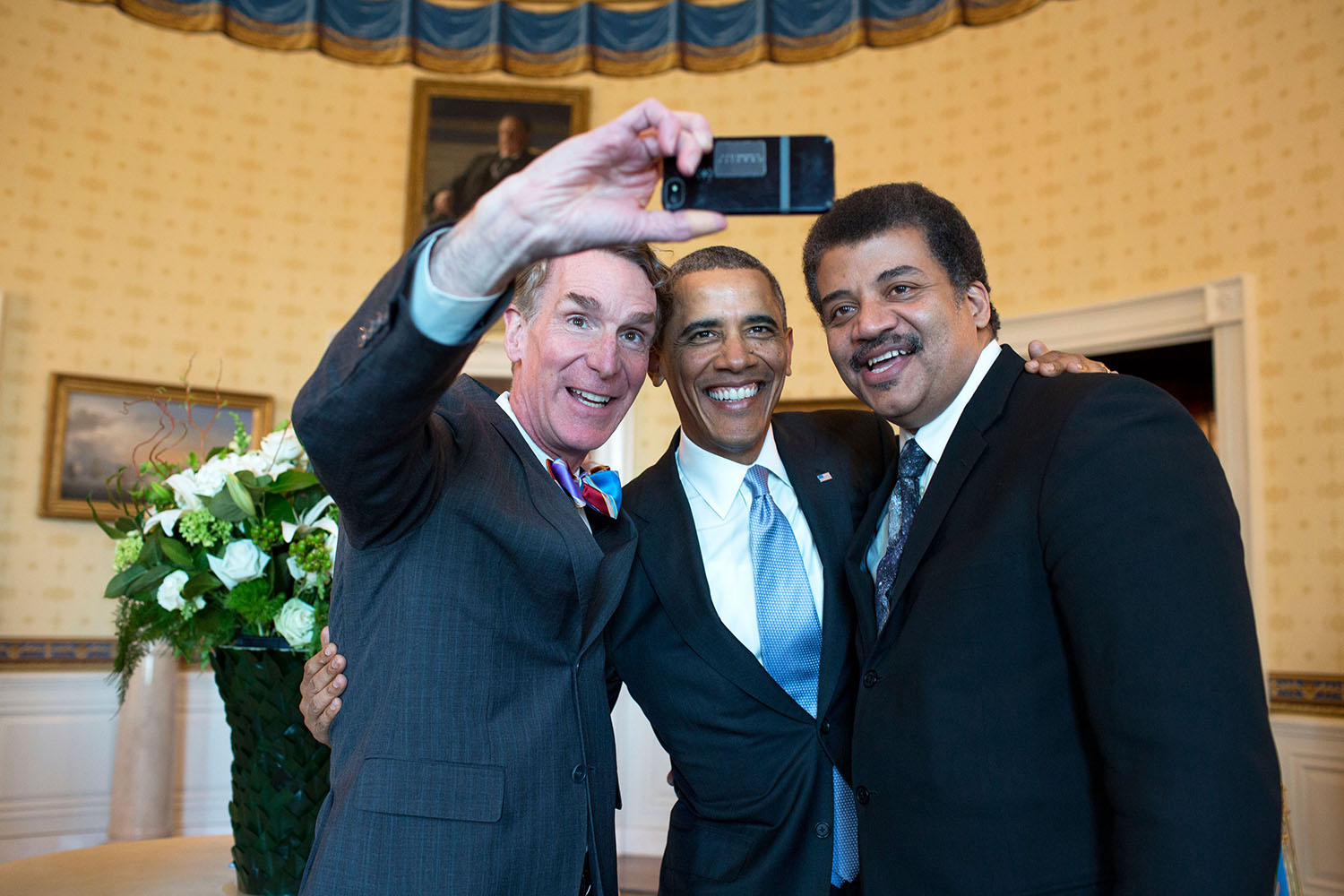Lancet retracts fake science study claiming hydroxychloroquine causes heart disease
06/08/2020 / By Ethan Huff

A study that tried to claim that hydroxychloroquine is dangerous and ineffective at treating the Wuhan coronavirus (COVID-19) has been retracted from The Lancet after the accuracy of its data was called into serious question.
The paper originally appeared on May 22 in the U.K.-based journal, which is considered by many to be “prestigious.” But it turns out that an independent and private peer review of its claims never took place, suggesting that it was just another lame attempt at smearing a drug that was endorsed by President Trump.
Surgisphere Corp., the company that produced the data, had initially indicated that it would cooperate with an independent review. However, it later reneged on this promise with bizarre claims that any type of peer review would violate confidentiality agreements.
“We all entered this collaboration to contribute in good faith and at a time of great need during the Covid-19 pandemic,” primary author Mandeep Mehra, the current medical director of Brigham and Women’s Hospital Heart and Vascular Center, and her colleagues claim.
“We deeply apologize to you, the editors, and the journal readership for any embarrassment or inconvenience that this may have caused.”
In its own statement, The Lancet said that it pulled the study because the authors “were unable to complete an independent audit of the data underpinning their analysis.”
“As a result, they have concluded that they ‘can no longer vouch for the veracity of the primary data sources.”
A related study was also published in the New England Journal of Medicine (NEJM) that relied on data likewise provided by Surgisphere, along with some of the same authors.
Surgisphere is a data company with no expertise in science or epidemiology
A closer look at the type of company that Surgisphere actually is reveals that it does not provide any expertise about science or epidemiology. The reason is that Surgisphere is run by individuals from other fields, including a science fiction author and an adult content model.
As far as we can tell, Surgisphere simply manufactured the data used in these two studies out of thin air, presumably in an attempt to smear hydroxychloroquine simply because President Trump publicly endorsed it.
Surgisphere claims that its data came from nearly 96,000 patients who tested positive for the Wuhan coronavirus (COVID-19), and that were admitted to 671 different hospitals around the world. But because the authors who used it are not allowing it to be independently peer reviewed, there is no way to verify any of this.
The mainstream media is also complicit in that not a single outlet even attempted to verify the validity of the data used in these studies. All of them, from BBC to The New York Times to CNN to The Washington Post, simply parroted the erroneous findings as if they were gospel truth – and all of them now have egg on their faces.
The irony, of course, is that The Lancet is the same journal that retracted Dr. Andrew Wakefield’s legitimate study on autistic children with gastrointestinal disease because the pro-vaccine mob did not like its findings.
“The fraud is so obvious and so horrifying to real scientists that the scandal has earned the name ‘LancetGate,'” writes Mike Adams, the Health Ranger.
“Both The Lancet and the NEJM have been reluctant to pull the study because, of course, discrediting hydroxychloroquine (plus zinc) is a necessary step to clear the way for hundreds of billions of dollars in profits for the vaccine companies that fund the medical journals. The fabricated study published in the journals was used to cancel clinical trials on hydroxychloroquine, which was the goal from the very start.”
To keep up with the latest news about the war against hydroxychloroquine, be sure to check out Pandemic.news.
Sources for this article include:
Tagged Under: CCP virus, coronavirus, covid-19, deception, fake research, heart disease, hydroxychloroquine, Lancet, retraction, science journals, Study, Surgisphere, The Lancet, Wuhan coronavirus
RECENT NEWS & ARTICLES
COPYRIGHT © 2017 SCIENTIFIC NEWS



















